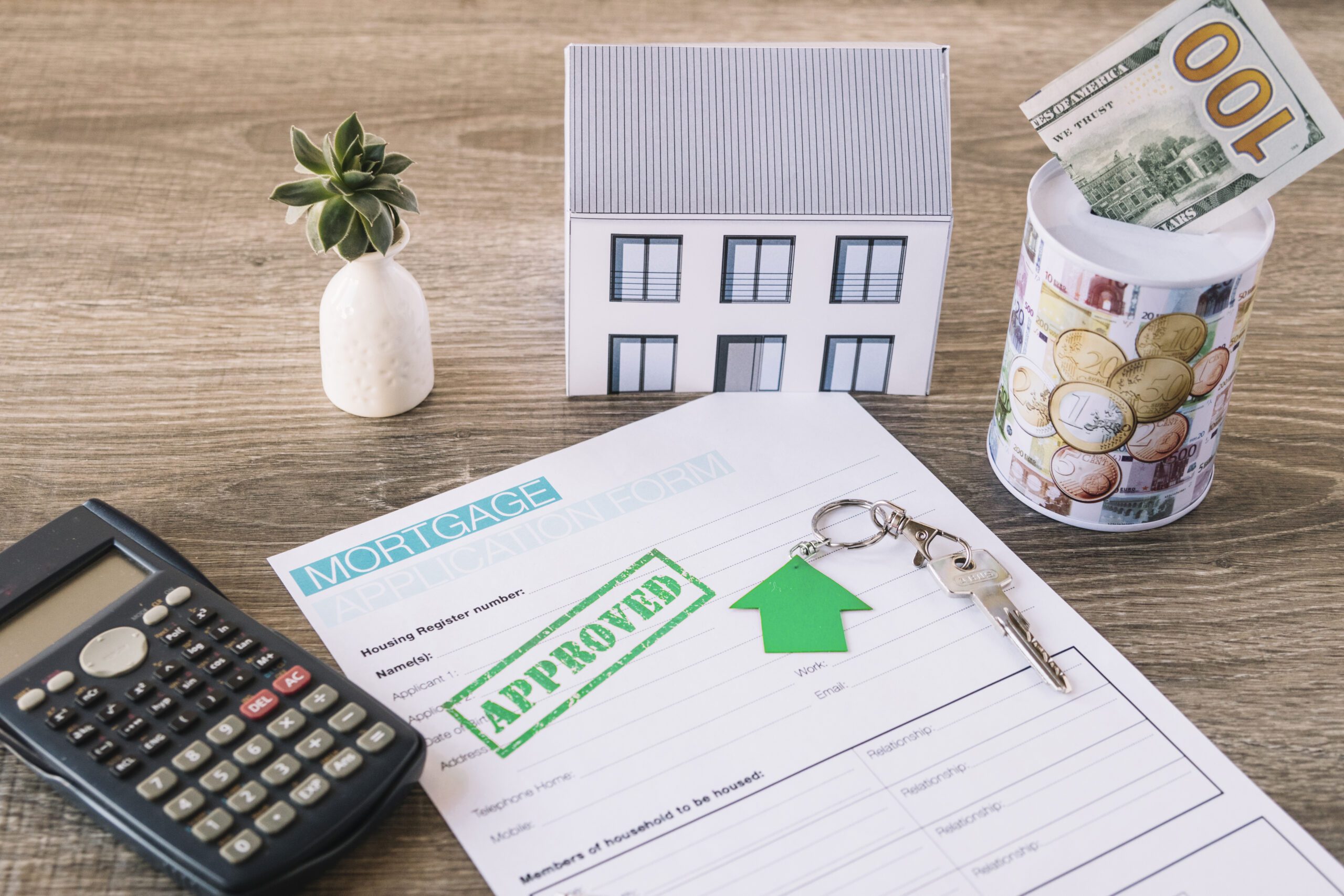Selling your home involves more than the sale price. Discover how your mortgage factors in: paying it off, managing interest, potential profits or losses, and what happens if you don't purchase a new home.
___________________________________________
“So I’ve been presented with a hypothetical situation and I’m feeling a bit daft. If you, hypothetically, brought a home, lived in it for a few years and then sold without buying another home, what happens to your mortgage and the interest etc at the end of that?
Sorry if this is a bit of a stupid question but I just can’t seem to make sense of it!”
(Original question on Reddit)
___________________________________________
No worries at all! Let’s break it down. When you buy a home, you typically take out a loan called a mortgage. This mortgage helps you pay for the house. Each month, you pay a certain amount to the bank, which includes the loan amount (the money you borrowed) and interest (the fee for borrowing that money).
Now, if you sell the house without buying another one, here’s what happens with your mortgage:
Paying Off the Mortgage:
When you sell the house, you get money from the sale. Ideally, you’ll use this money to pay off the remaining amount of your mortgage. This includes the original loan amount and any remaining interest that has accrued since your last payment.
Interest:
The interest on the mortgage is calculated based on the outstanding loan amount. If you sell the house a few years after buying it, you would have paid off some of the loan already. So, the interest you owe when selling will be calculated on the remaining balance at that time.
Profit or Loss:
If the selling price is higher than what you owe on the mortgage, you get the extra money after paying off the mortgage. That’s your profit. If the selling price is lower than what you owe, you might have to bring extra money to the table to pay off the remaining mortgage—that’s a loss.
Remaining Interest:
Even after the sale, if there’s any remaining interest that wasn’t covered by the sale proceeds, you’d need to settle that with your lender.
No New Home Purchase:
If you don’t buy another home with a mortgage, once the mortgage is paid off from the sale, you won’t have that particular financial responsibility anymore.
In a nutshell, when you sell your home, the proceeds from the sale are ideally used to pay off the remaining mortgage, including any accrued interest. If there’s extra money after paying off the mortgage, it’s yours. If not, you might need to cover the remaining amount.
Hope this helps.
Regards, Clive Fernandes (Financial Adviser)
Director – National Capital
Disclosure: I am the director of National Capital, a KiwiSaver advice firm. The views expressed in this article are the views of the author. The information provided is of a general nature and is not intended to be personalised financial advice. You may seek appropriate financial advice from a Financial Adviser to suit your individual circumstances or contact National Capital.
